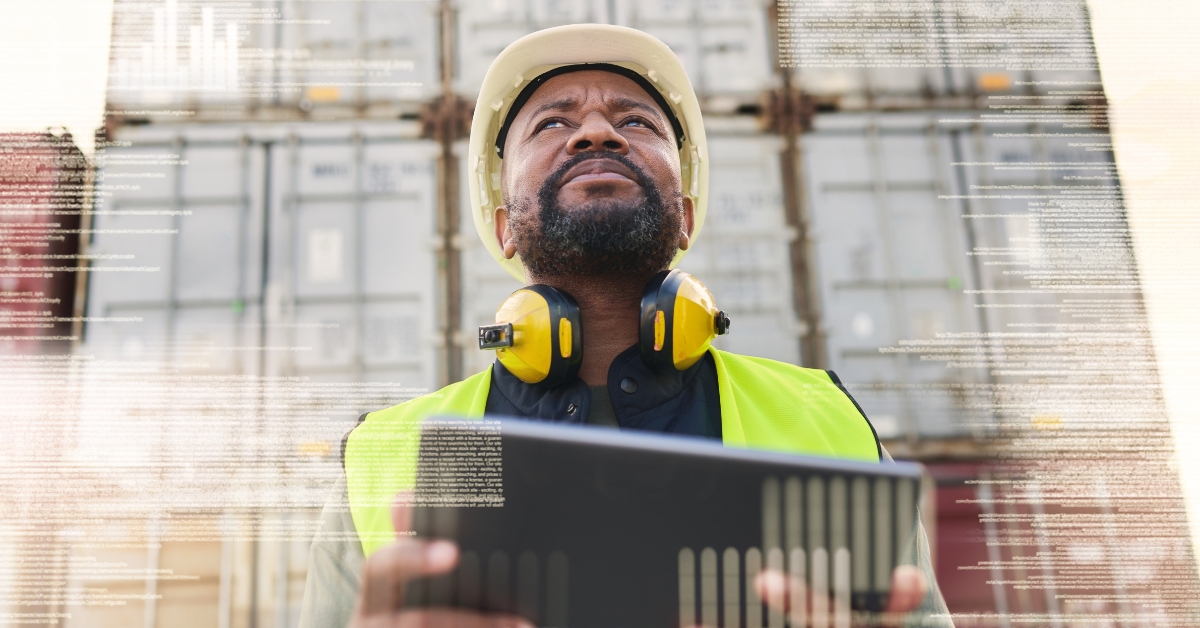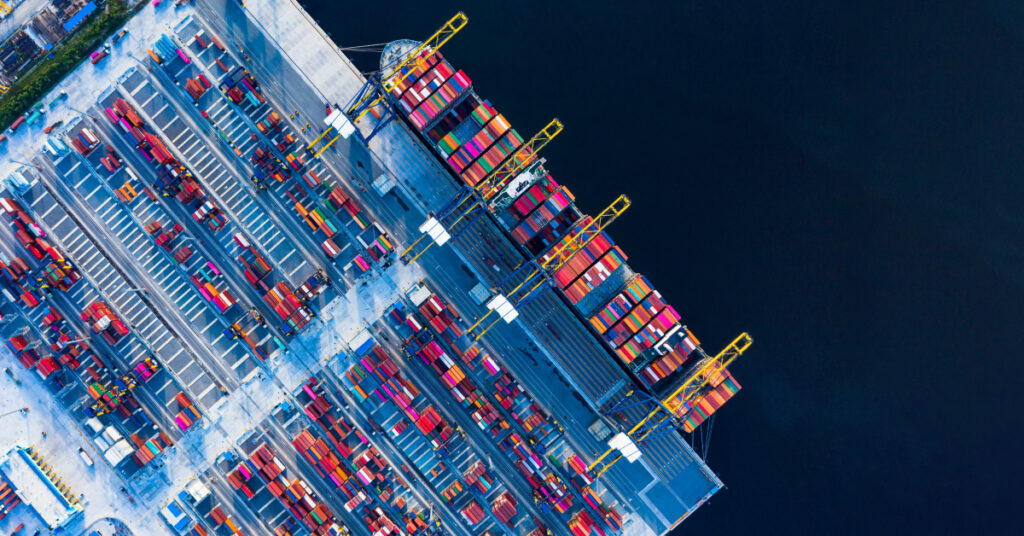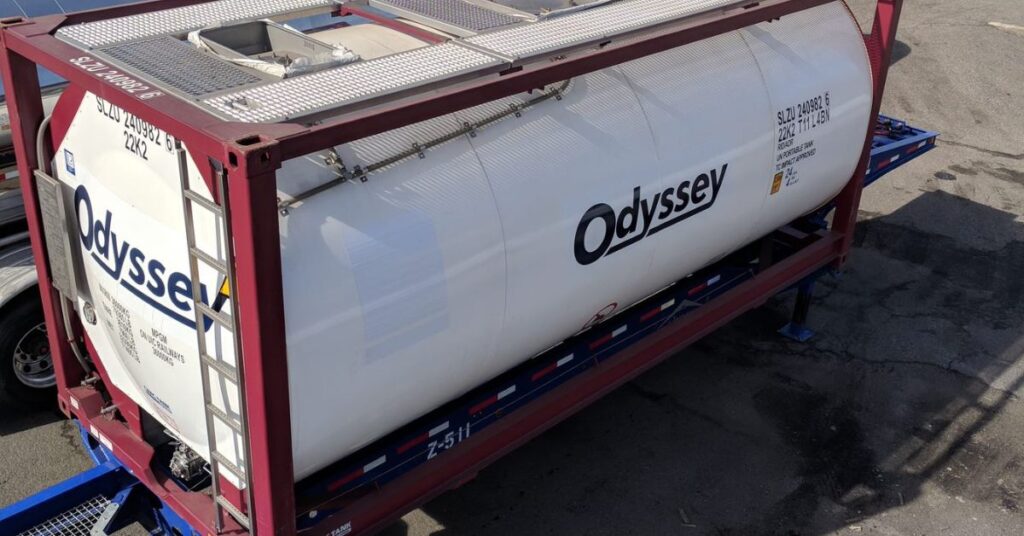An Interview with David Leichner – Published in Authority Magazine
I was born and raised in a small, remote village in India. To give you a sense of life there — they only recently have access to electricity. My father was the first engineer to come out of that village. I was the second, 30 years later. My grandparents were farmers, but they had a vision. They believed in education. And any money they could save, they put towards their children.
My parents had the same idea. When my father got his job, we moved to a small industrial town that had a major focus on education. I remember our town was way over-represented in attendance at the prestigious Indian Institute of Technology. It was the kind of school where there were 400,000 applicants each year across the nation but only 2,000 got in. Our little town always had about 40 kids at that school. I got in, and my bachelor’s degree was in metallurgy. My first job was at a steel plant, working with a big blast furnace that ran at 1500 degrees Fahrenheit. Eventually, I moved into IT — where there’s air conditioning! And since then I have gone through several changes throughout my career, but the constant factor has been learning and adapting to new things — be it technology or people.
I was steeped in a culture of learning starting at a young age, both in my family life and in the world around me.
You are a successful leader. Which three character traits do you think were most instrumental to your success? Can you please share a story or example for each?
As a continuous learner, everything is exciting to me! But yes, I’m new here at Odyssey Logistics, and we’re working on a lot of big changes. As the CIO, I’m currently assessing how our company uses and thinks about technology — where are the opportunities for improvement? How are we thinking about TMS, for example? Or ERP? These are big questions that have big changes downstream of them, depending on how they get answered. My vision for technology at Odyssey is getting to “connected systems with integrated data”. I want us to have systems that are best for us (not necessarily the best of breed) and have them all connected to each other and working together. Of course, this is going to involve AI. Logistics in general is on the cusp of applying revolutionary technologies to its functioning, so it’s a good time to be doing what we’re doing.
Can you help articulate what the weaknesses are in our current supply chain systems?
Finally, this lack of flexibility also means that data often gets siloed, or fragmented. Siloed data can’t yield insights, and with no insights, there’s no possibility of improving our systems. We must find a way to bring all the data we shed together in one place — to tell one story about our business, what we’re doing right, and how we can do better.








